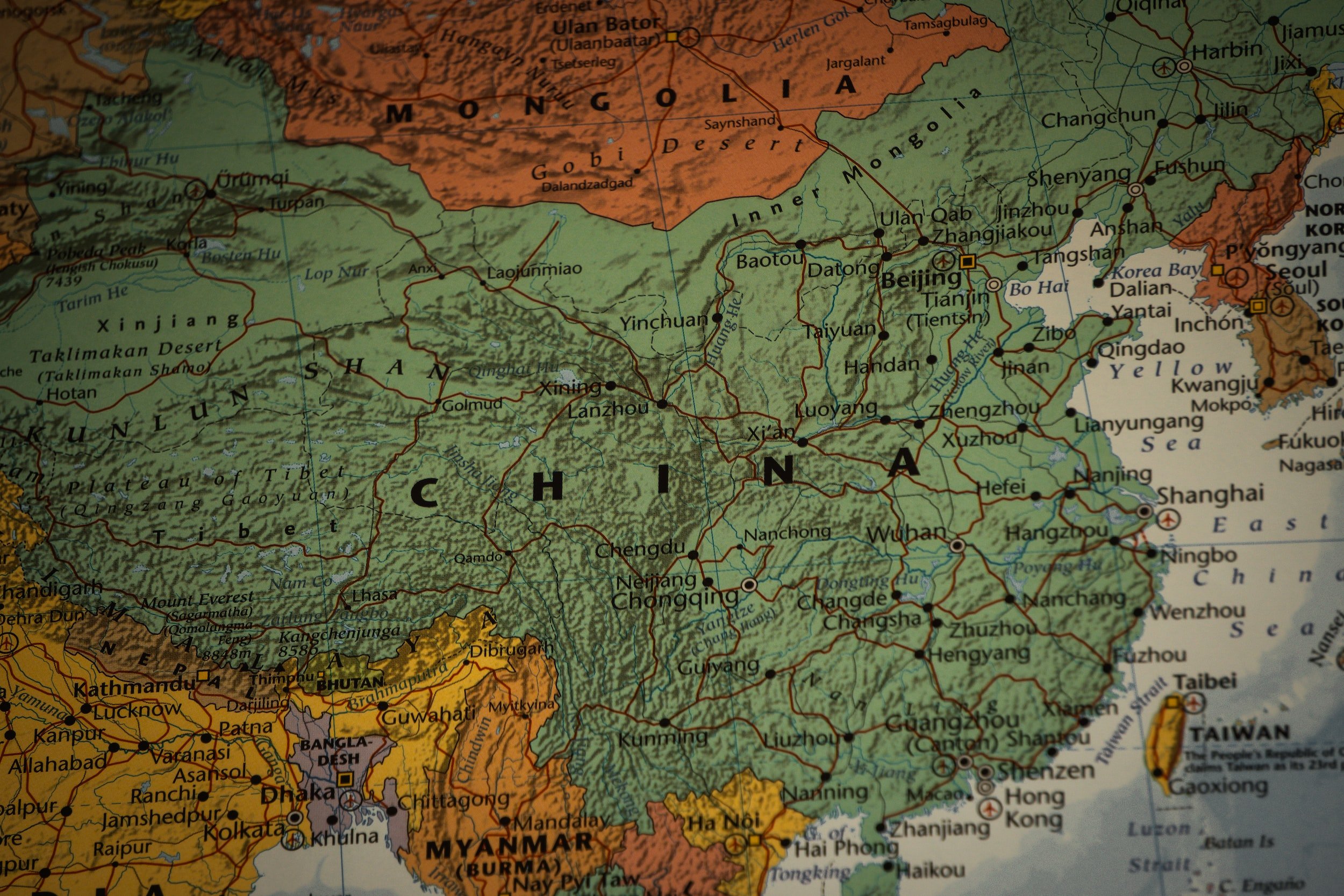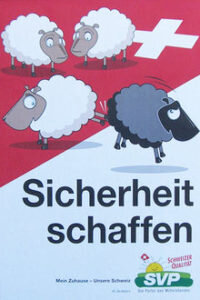On not knowing as insight for research on social change
This guest post is by sociologist Dr. Sevasti-Melissa Nolas was posted as part of a previous series on Research for Social Good. It has current relevance given the October 2021 interest in bridging theory and practice, and sharing findings with practitioners who can use them. One way that Nolas makes research available is through photo stories and collections of photographs taken by participants who include children and their families.
On Not Knowing as Insight for Research on Social Change
I’ve been doing research for ‘social good’, as it were, for most of my career including look at social issues such as youth inclusion, child and adolescent mental health, children and women’s experiences of domestic violence, migrant women’s and elderly people’s access to health. These research projects were commissioned by either government or the third sector in the UK, as well as by the EU, and the research methods I have used have been creative and participatory, involving those whose experiences are at stake and in focus as much as possible in the research.These research projects have given me much pause for thought about what it means to research social issues and to want one’s research to bring about social change. Liverpudlian teenagers taught me perspective, what I considered to be empowering was not what they considered and valued the most. London children taught me that drawings can communicate the most complex and painful of life stories, at the same time giving insight on the pleasures of their everyday lives, and that one was no less important than the other. Migrant women taught me the value of generosity in sharing very personal stories of discrimination in accessing healthcare in London, perseverance in telling their stories (yet again), and the hope that these stories would make a difference.These experiences have helped me to think carefully about the lived experience and human side of ‘social good’ research which is often lost in the more technical language of social intervention and applied research. I am critical of simplistic assumptions about what it means to intervene into people’s lives, either as a practitioner (whose practice I was often evaluating) or as a researcher (with participatory methods intended to empower those one works with).This unease with research for social good lead me to adopt more ethnographic, phenomenological and feminist reflexive approaches to think about the dynamics that are created in social good research and practice, what matters to ‘intended beneficiaries’ and how best to understand their knowledge, experiences and perspectives. One of the groups I had worked the most with were children, and one of the things with which I have been most concerned were dynamics of participation in childhood. This eventually lead to the Connectors Study which I have been directing for the last 4.5 years.
The Connectors Study
Making connections, Tirupati, June 2018
This multimodal ethnographic study was funded by the European Research Council to explore the relationship between childhood and public life with younger children (aged 6-8 years) in three cities (Athens, Hyderabad, London). My colleagues and I spent three years with a very diverse sample of children, and their families, playing, walking, talking, eating etc together, in order to get a better idea of things that mattered to them, and how children encountered, experienced and engaged with public life across the three cities. The study was designed to step out of the typical institutional contexts (e.g. school, health services, etc) in which children’s views and experiences might be solicited for the purposes of curriculum or service design and/or evaluation.
The study is an effort to change the language around children’ s participation and to broaden our understanding, to make more nuanced and more complex the ways we think about childhood and politics, broadly defined. My team and I have blogged our way through the study at various points in time, sharing our experiences of the fieldwork in a series of photo/stories and we will soon be running a six-part podcast series discussing various experiences of doing research on social change. We did this partly because many accounts of fieldwork are unrealistic, and we felt that there is lots to learn from researchers’ accounts of being in the field. We were also conscious that much of our learning on the study would never make it into published papers or books and in not doing so, would remain personal knowledge and experience. As such, the blog series and the podcasts offered an opportunity to make some of that personal knowledge and experience public, and hopefully a public good, or at least stories that resonate with others doing similar research.
As the study comes into this last 10 months, and reminiscing starts to set in, I have often thought about the question of what I wish I had known when I started the project. I wish I had had a better sense of just how challenging it is to recruit participants to an intensive and extensive study (many visits over three years). This was, probably, the single most challenging aspect of the research, the most anxiety provoking, and time and energy consuming. We got there in the end by modifying the sampling strategy. Instead of focusing on just 1 or 2 sociologically significant areas in each city we sampled across each city. We also stopped focusing on schools as the sole avenue for recruitment. This meant being able to tap into to existing professional networks everywhere in order to advertise the study and to support our outreach efforts. We carried out a lot of outreach work through these networks, attending meetings, day centres, meeting parents, flyering etc. We also used social media. And, as a final resort in London, I took to the streets: approaching parents with a questionnaire on attitudes to children’s participation. We didn’t use the questionnaire for the study, but it was a good way to approach strangers in public, to strike up a conversation and to recruit three families.There are also things that I am very glad I did not know at the start of the research, because I would have missed out on the joy and insight that comes with discovery, surprise and serendipity of ethnographic fieldwork. As my colleague Christos Varvantakis and I have written elsewhere, we ended up playing a good deal with the children in the study, something that we hadn’t anticipated doing in the context of a ‘research strategy’ and something from which, once we started paying attention, we learnt a lot. We also experimented a good deal with the various methods on the study, for example some children liked photography others didn’t. Perhaps then the other thing I wish I had known at the beginning of the study is that it’s okay not to know, and that working things out as one goes along is part of the process; a sentiment that feels very much at odds with the discourses of expertise that we are trained in but one which oddly resonates with understanding personal and social change.
More about Sevasti-Melissa Nolas Dr. Nolas is a Senior Lecturer in Sociology at Goldsmiths, University of London. Her research areas include: human agency and lived experience; childhood, youth and family lives; civic and political practices across the life course; multimodal ethnography; publics creating methodologies. She is the Principal Investigator of the ERC funded Connectors Study and the co-editor of entanglements: experiments in multimodal ethnography.














